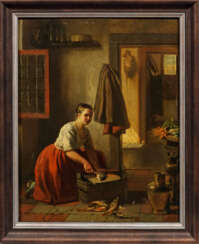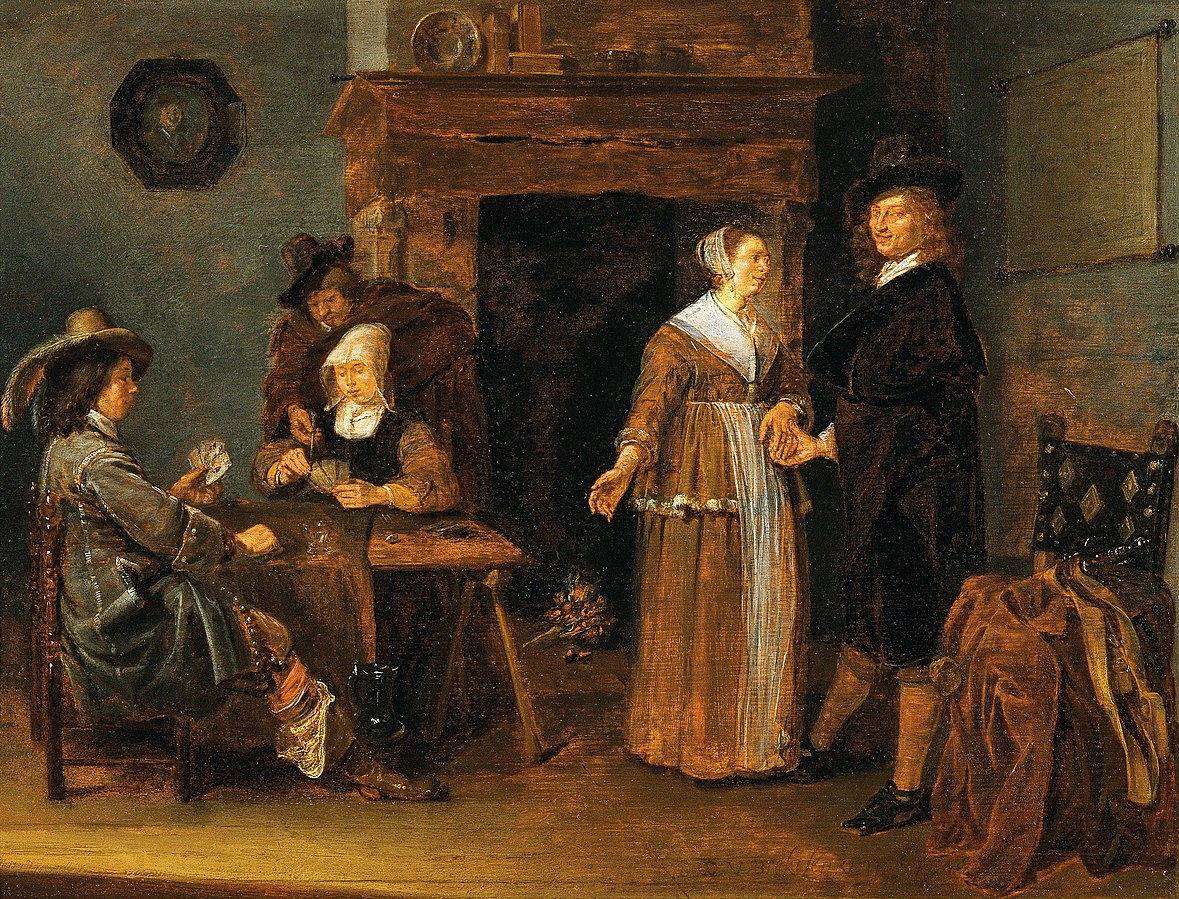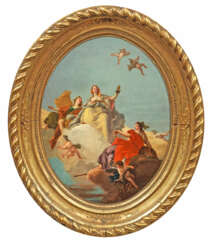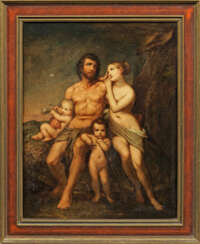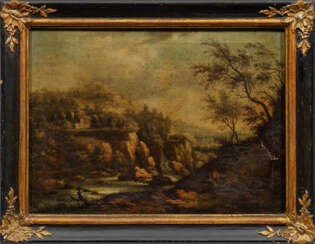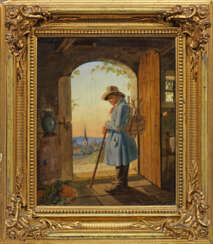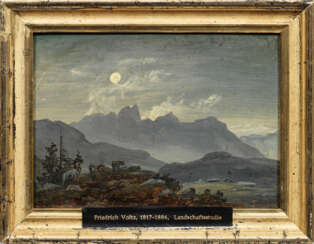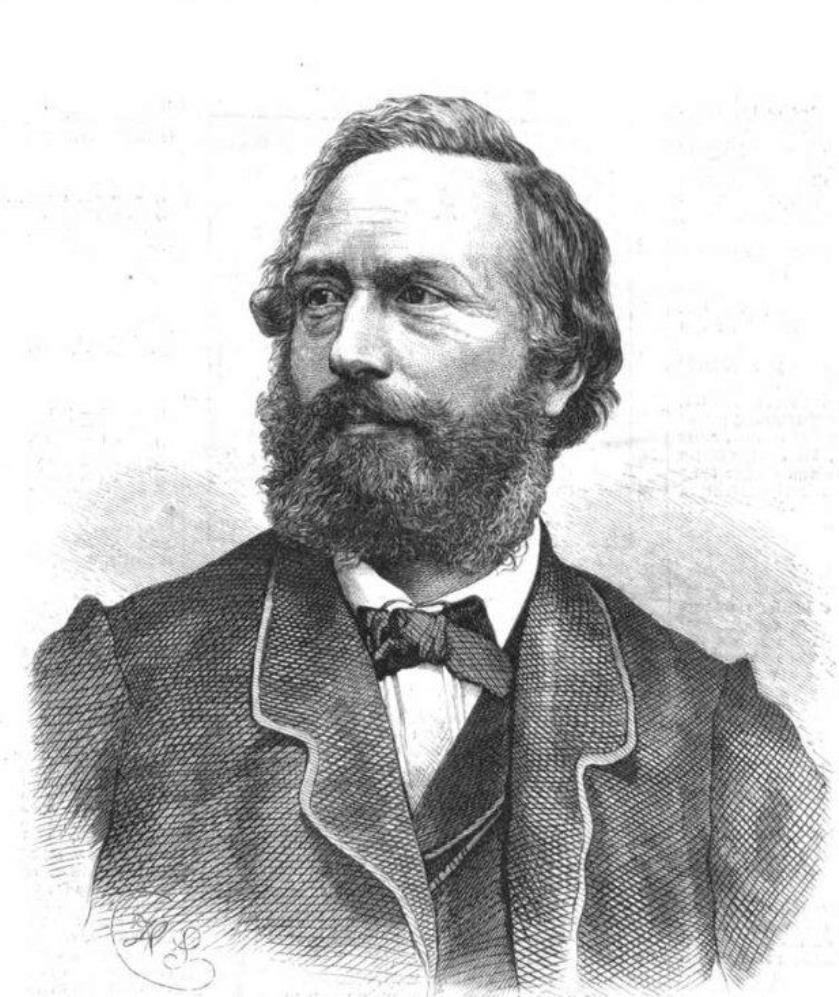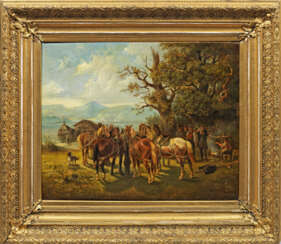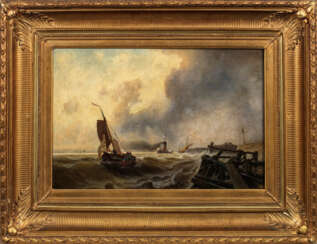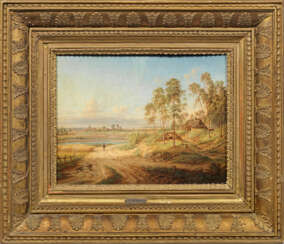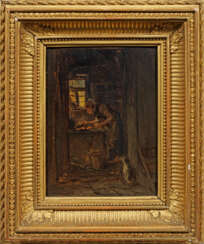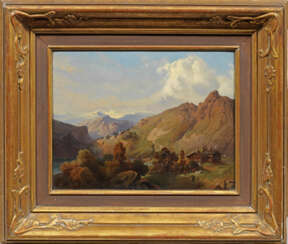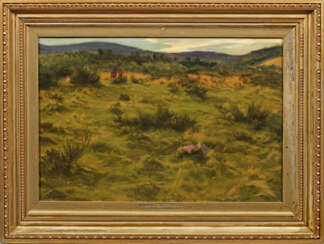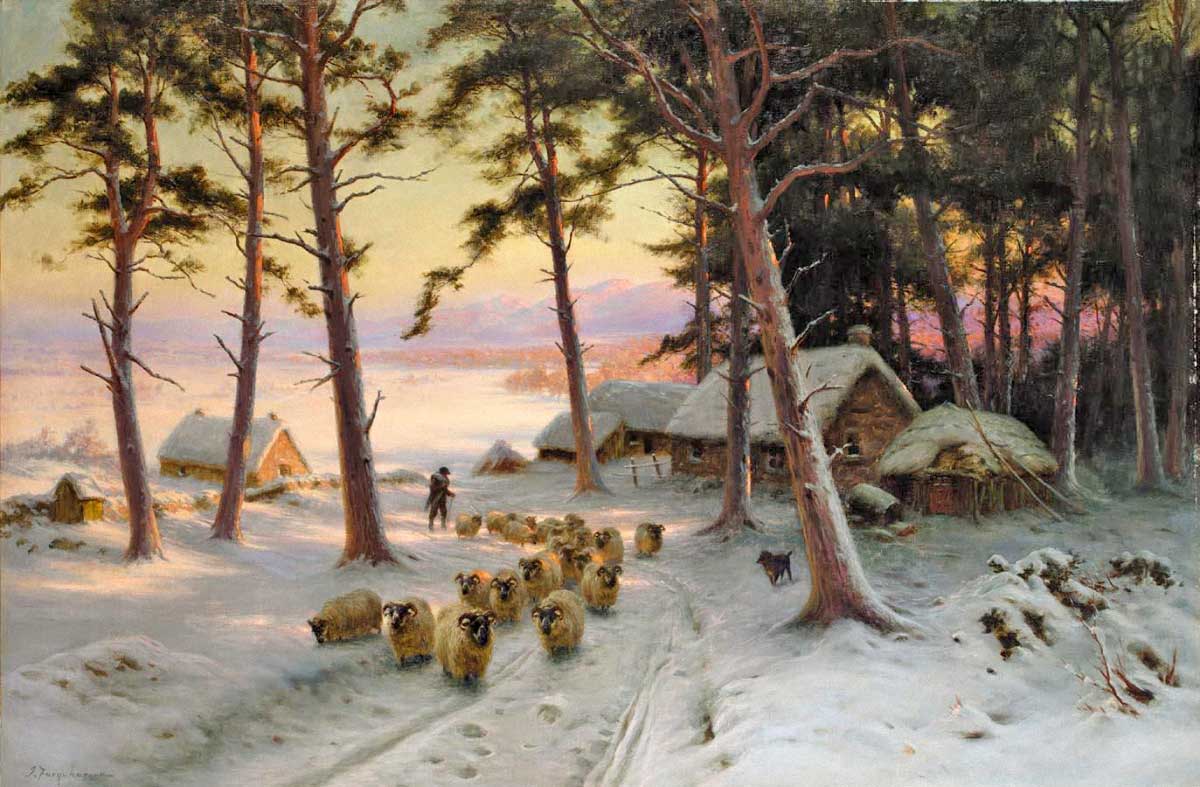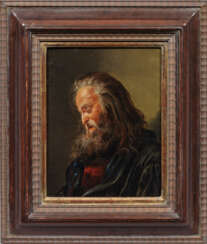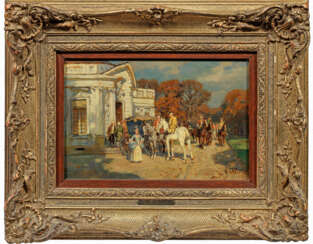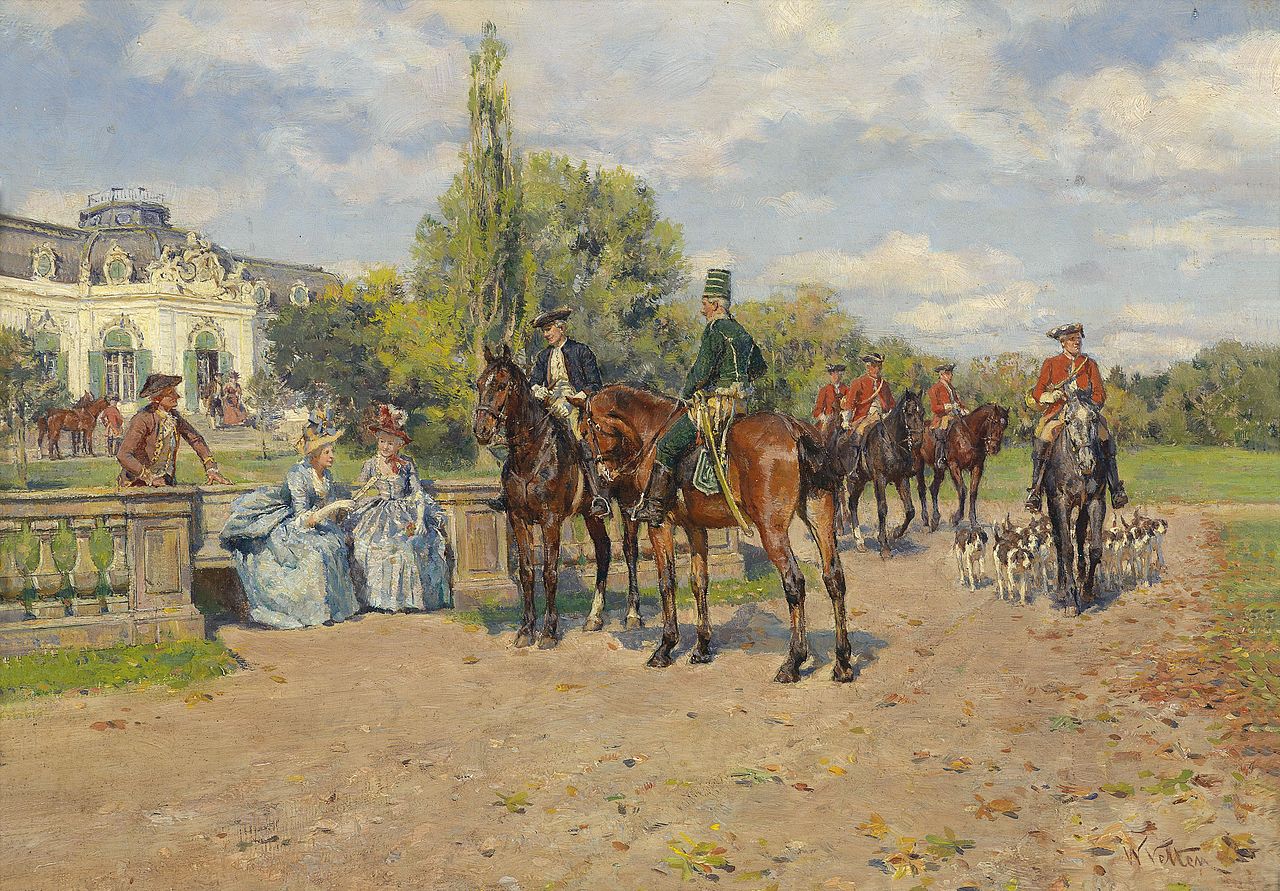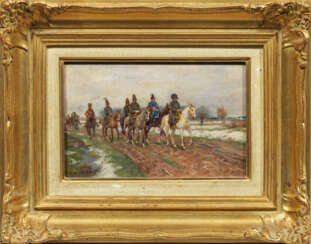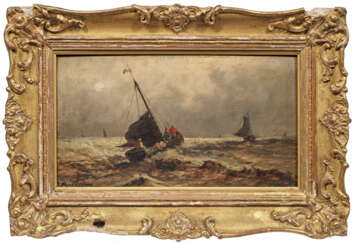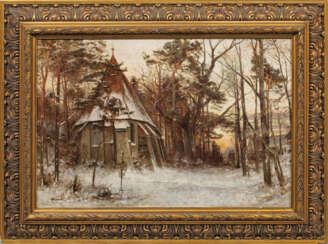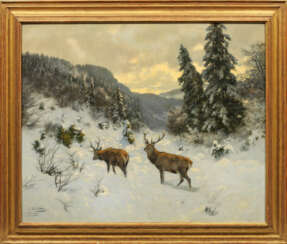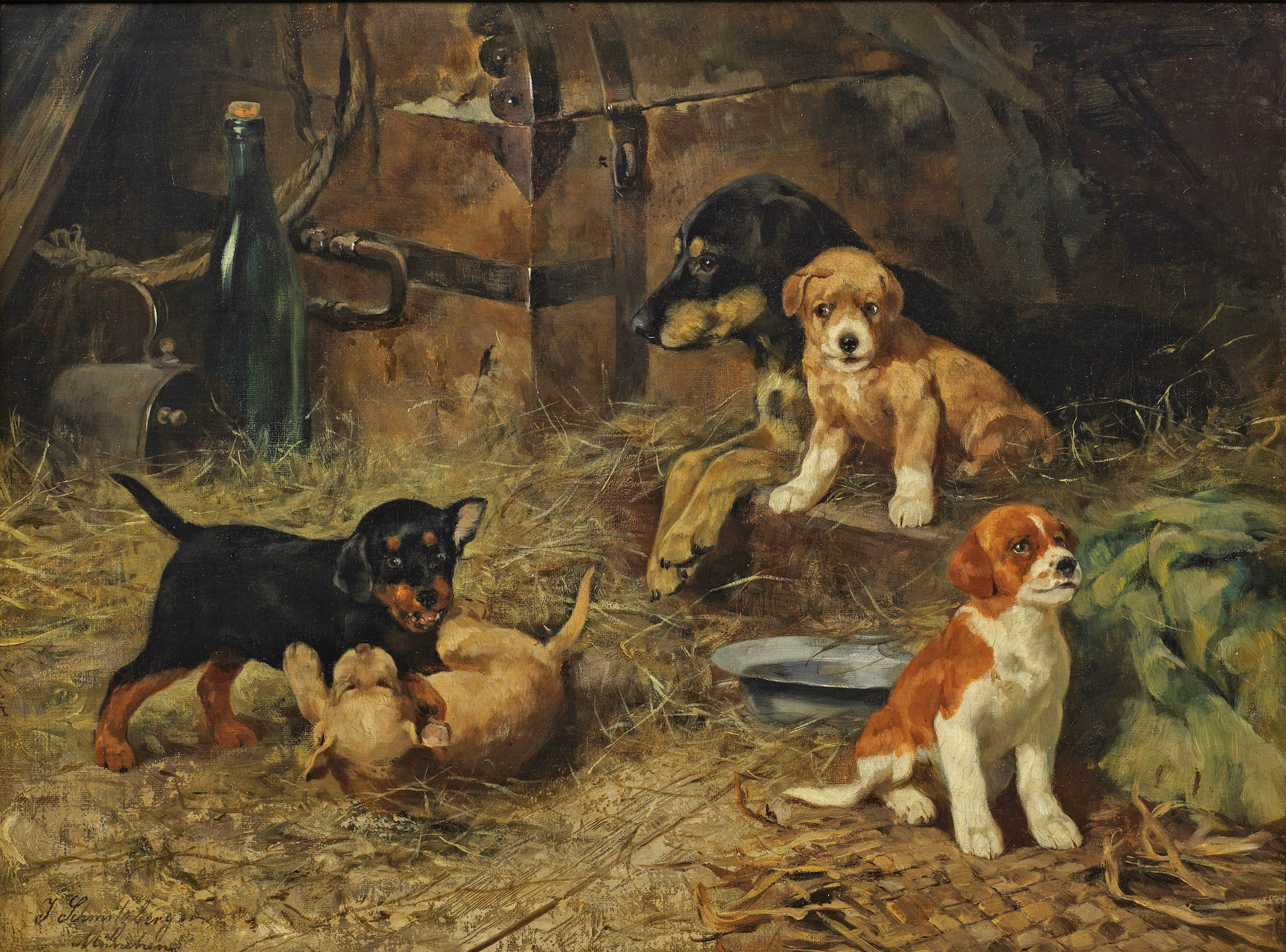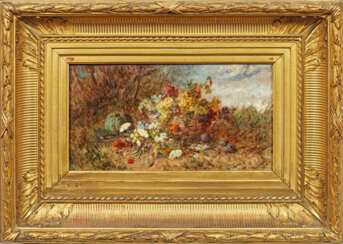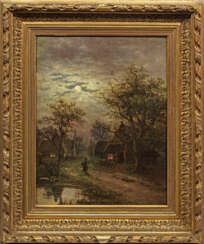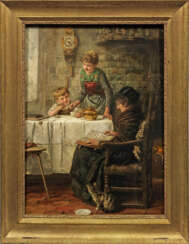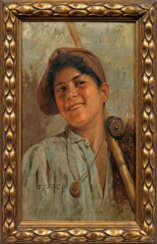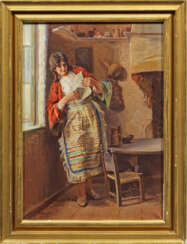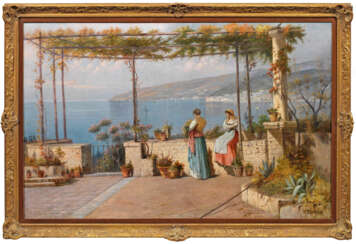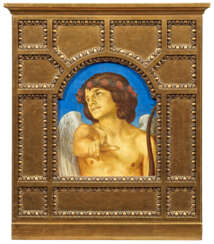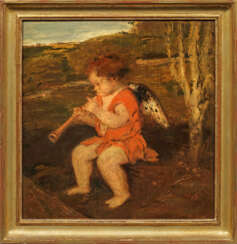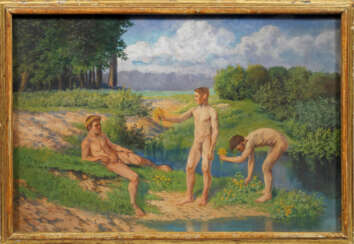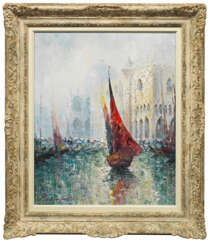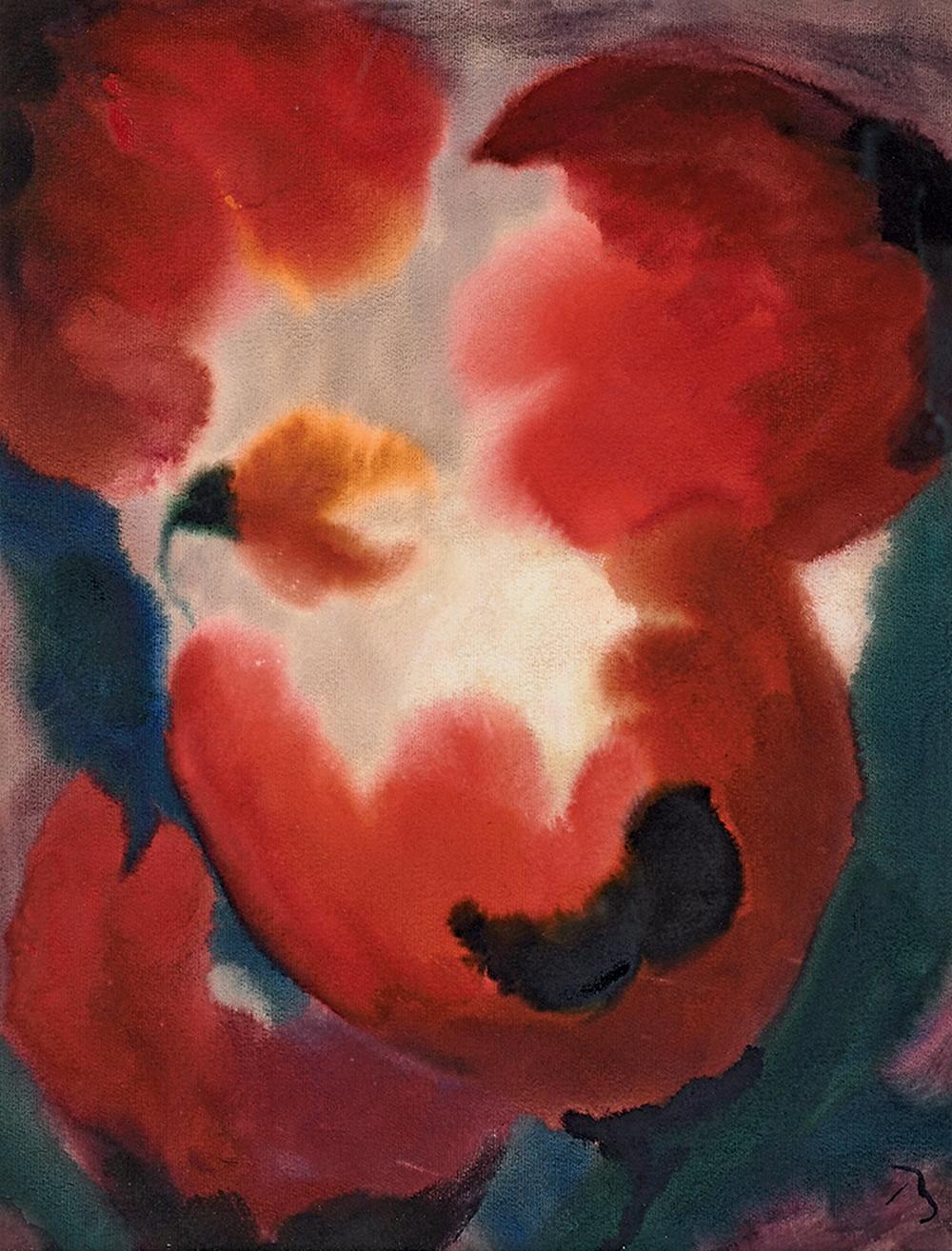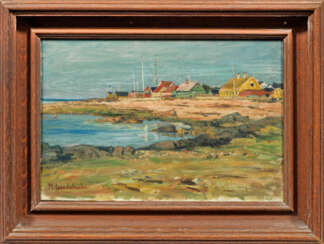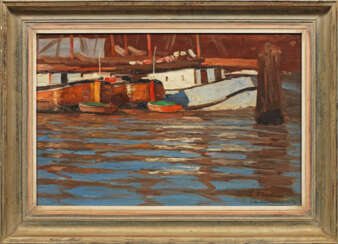
Painting of the 19th and 20th century — 190. Internationale Kunstauktion - Teil IV
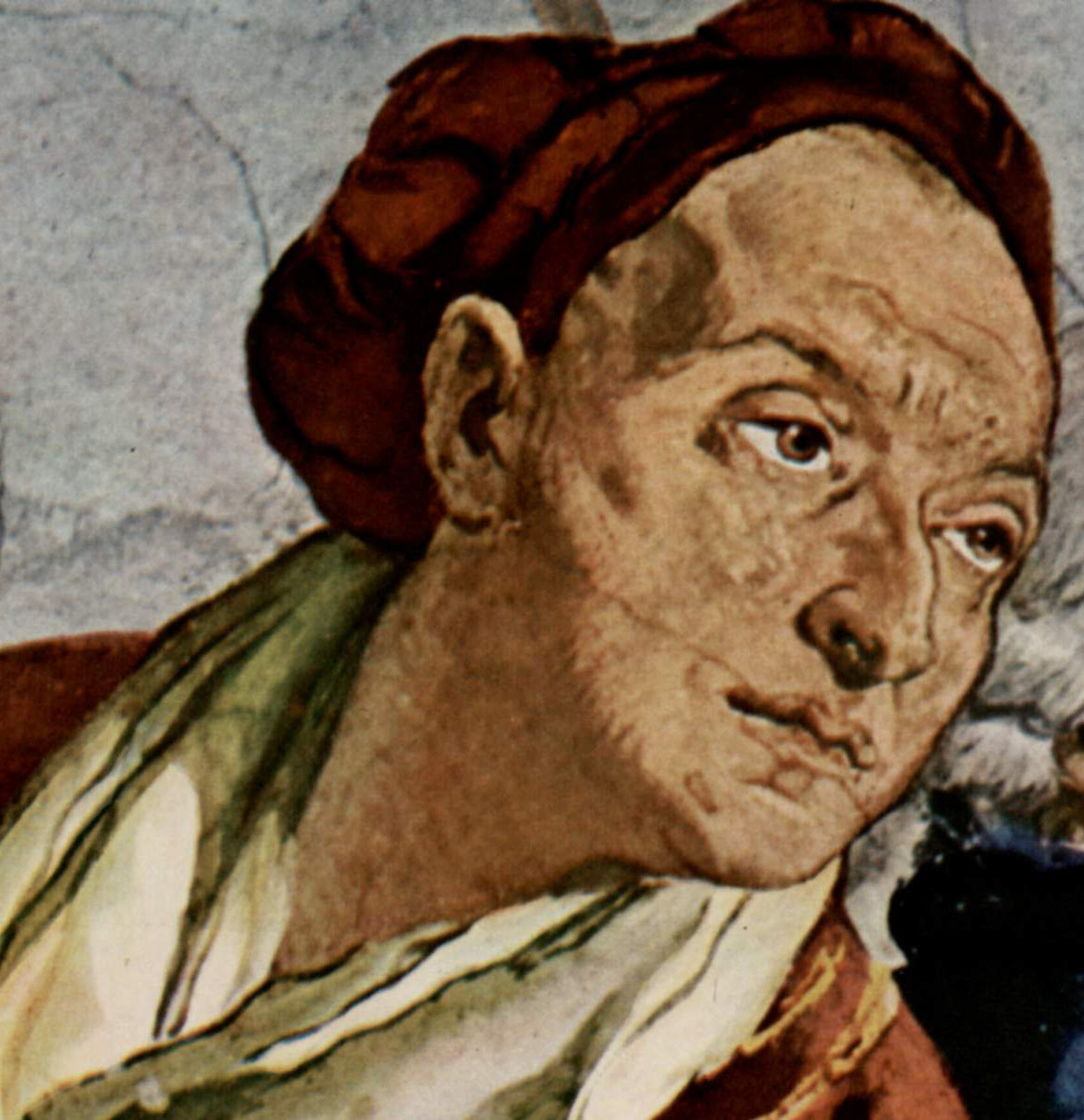
Giovanni Battista Tiepolo, an illustrious Italian painter of the 18th century, is renowned for his radiant and poetic frescoes that beautifully extend the tradition of Baroque ceiling decoration, encapsulating the essence of the Rococo period. Born in Venice, Tiepolo was significantly influenced by his contemporaries and predecessors, such as Piazzetta, Ricci, Tintoretto, and Veronese, which is evident in his dynamic and vibrant works.
Giovanni Battista Tiepolo's expertise in creating grand frescoed ceilings for churches, villas, and palaces across Italy, Germany, and Spain is particularly noteworthy. His work at the Würzburg Residenz, where he painted a vast ceiling depicting Apollo and the continents, is considered a high point of his career. This masterpiece demonstrates his skill in creating spatial illusions and integrating multiple perspectives to enhance the viewer's experience.
In addition to his frescoes, Giovanni Battista Tiepolo's prowess as a draftsman and printmaker was widely acclaimed. His prints, characterized by imaginative and sometimes enigmatic imagery, enjoyed widespread popularity and may have influenced subsequent artists like Francisco de Goya.
Throughout his career, Giovanni Battista Tiepolo received numerous commissions across Europe, reflecting his international fame. His later works in Spain, where he moved with his sons to serve the Spanish monarchy, showcase a quieter yet profound style, focusing on religious and allegorical themes.
For collectors and experts in art and antiques, Giovanni Battista Tiepolo's legacy represents an essential chapter in the history of art, offering insights into the interplay of light, color, and narrative in 18th-century European painting. His works, housed in various museums and collections worldwide, continue to captivate and inspire audiences with their elegance and grandeur.
If you wish to stay updated on new product sales and auction events related to Giovanni Battista Tiepolo, signing up for updates is an excellent way to ensure you don't miss out on any valuable information.
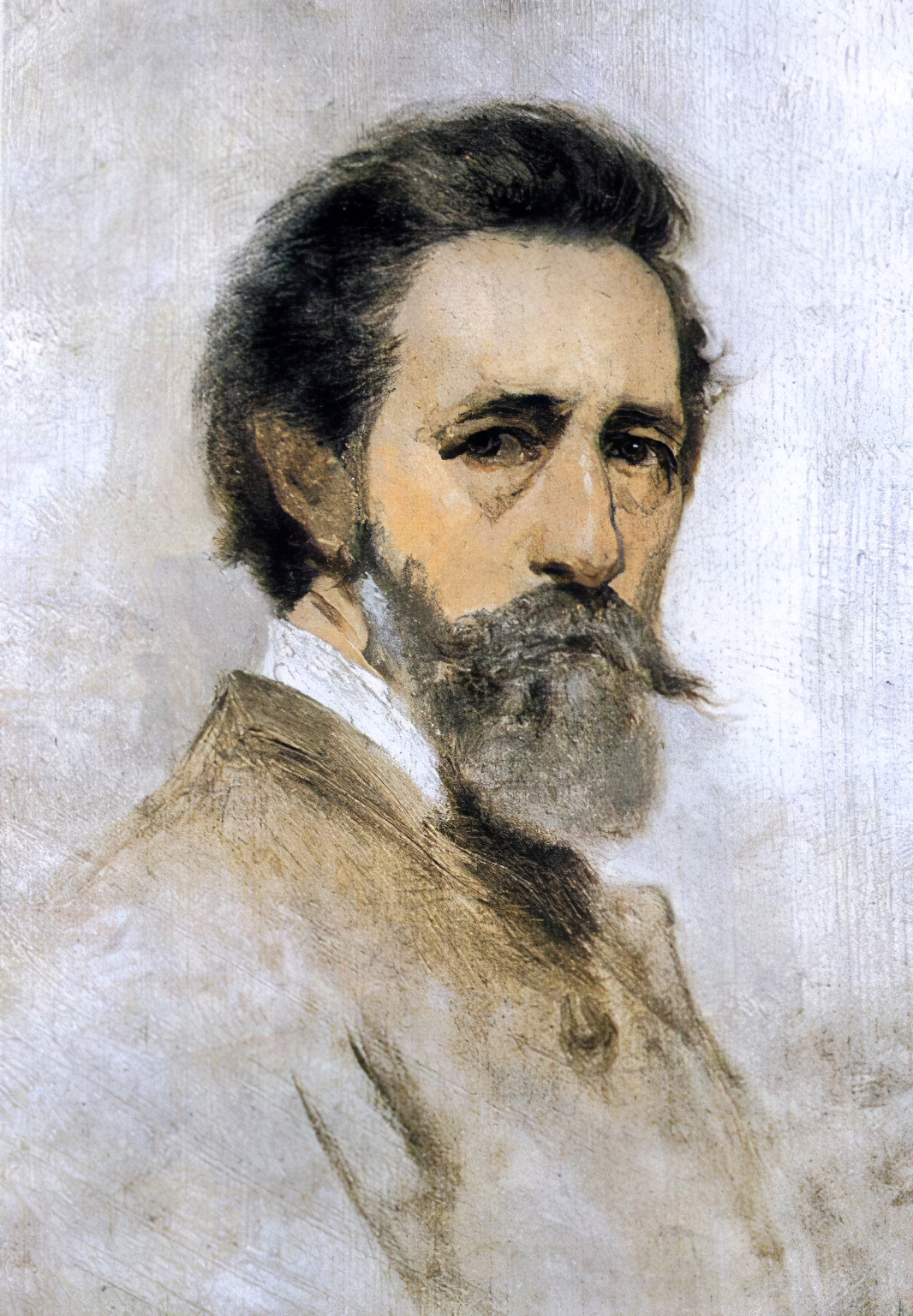
Anton Burger was a German painter, draftsman and etcher. He was a prolific and versatile painter, producing works in almost every genre. His paintings sold very well and, in the area around Kronberg, it was considered a sign of good taste to have a "Burger" in one's home. In 1861, he and Jakob Fürchtegott Dielmann (an old friend from his days at the Städelschule) founded the Kronberg Artists' Colony, where he remained until his death. He was highly regarded and came to be known as the "King of Kronberg".
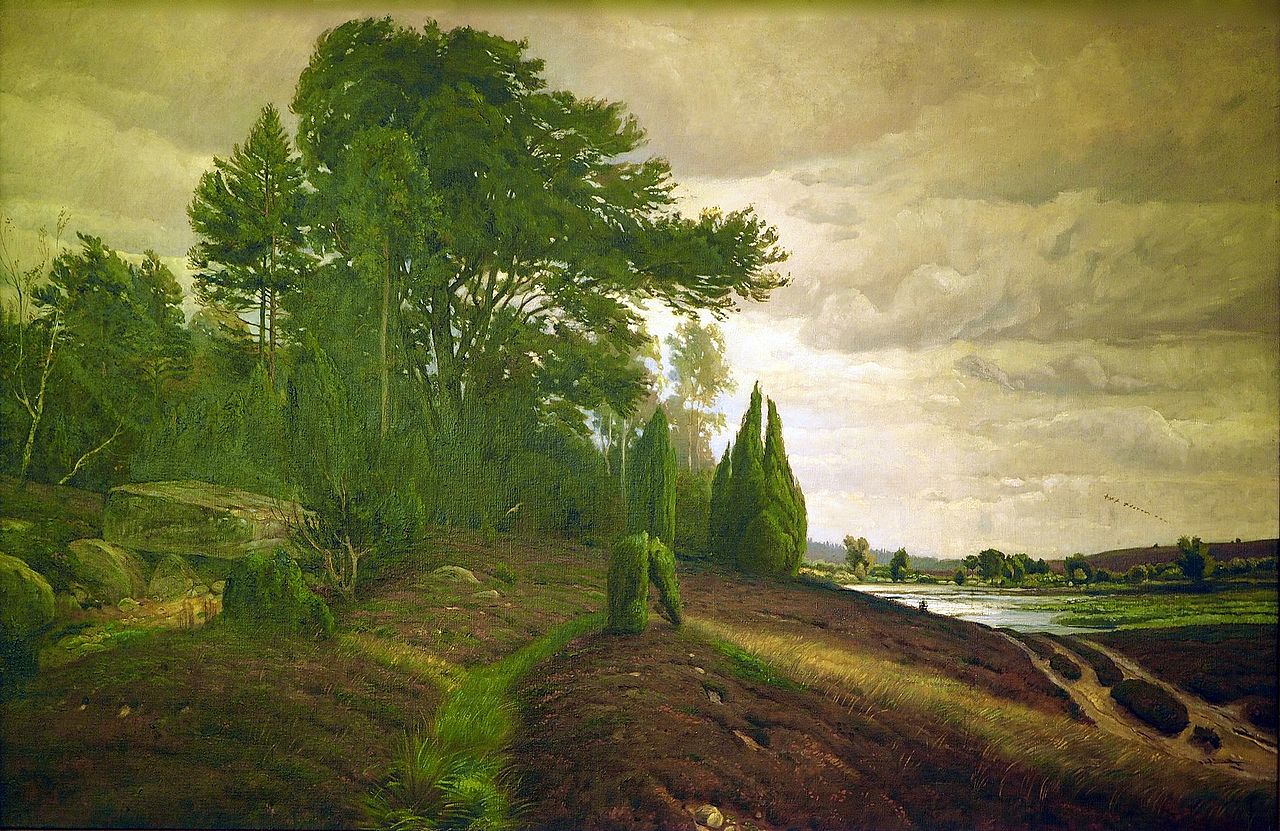
Karl Wilhelm Julius Paul Koken is a German landscape painter. Son of the artist Edmund Coken. In his early youth, he studied painting with his father. In 1876 he went to Munich to study with Adolf Heinrich Lier, then at the art school in Weimar, where he continued his studies with Theodor Hagen. In 1882 he became a member of the Hanover Association of Artists.
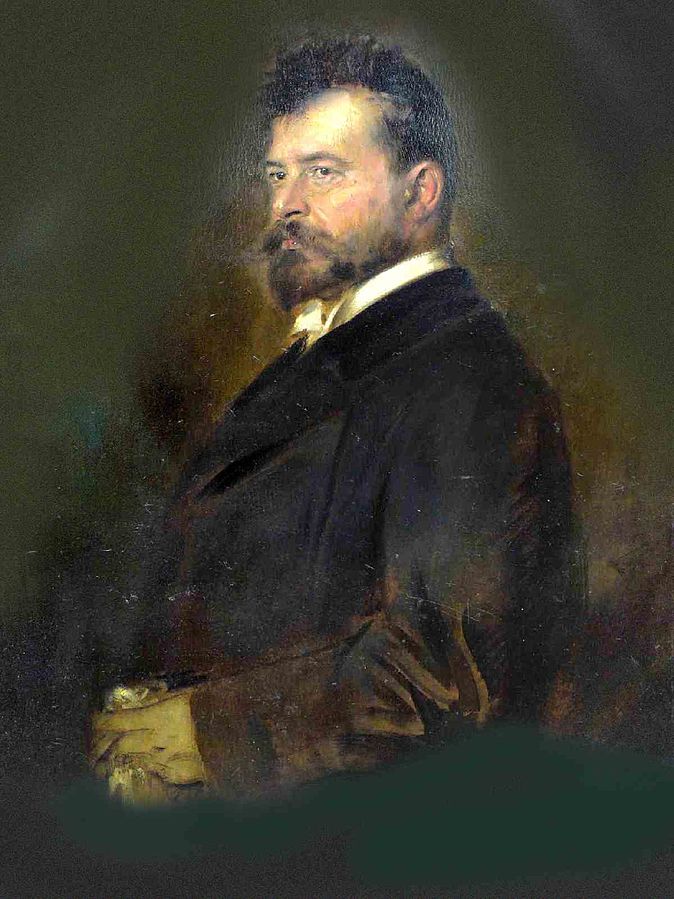
Adolf Hengeler was a German artist and illustrator, renowned for his distinctive style that beautifully merged humor with meticulous detail. Born on February 11, 1863, in Kempten, Allgäu, Hengeler's journey in the arts led him to Munich, where he left an indelible mark on the art and culture of the era.
Hengeler's body of work is diverse, encompassing applied graphics, caricatures, and picture stories. His graphic work, ranging from airy color drawings to precise ink strokes, has often been compared to Wilhelm Busch for its unique charm and precision. Notably, Hengeler regularly contributed to the "Fliegende Blätter" and created popular publications like the "Münchner Kinderfibel" and the "Kriegstagebuch 1914/15".
In painting, Hengeler focused on landscapes, often featuring cherubs and mythical creatures, and idyllic scenes of people in landscapes. His paintings are characterized by earthy brown tones, highlighted by bright local and pastel tones in flesh, clothing, or flowers, capturing the beauty of nature in Oberbayern and Allgäu. In his later years, Hengeler turned to Christian legends and biblical figures, adding a spiritual dimension to his natural scenes.
Hengeler's legacy is preserved in the Museum der Stadt Kempten, as per the bequest of his grandson, the art historian Peter von Bomhard. The museum houses Hengeler's personal and artistic belongings, including furniture and portraits, in a dedicated Hengeler Room.
For collectors, auctioneers, and experts in art and antiques, Adolf Hengeler's work offers a unique window into the culture and art of his time. His contributions to the German art scene, especially through his distinctive style and thematic diversity, make his works highly valued and sought after.
For those interested in staying updated on new product sales and auction events related to Adolf Hengeler's works, we invite you to sign up for our updates. This subscription is tailored specifically to keep you informed about relevant events and opportunities in the world of Adolf Hengeler's art.
